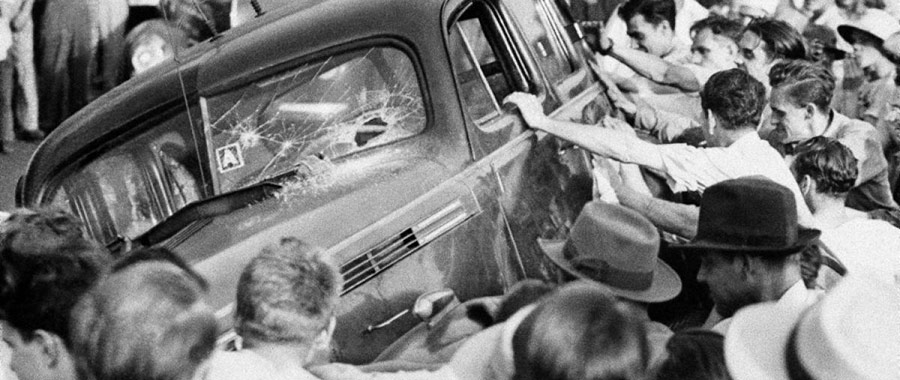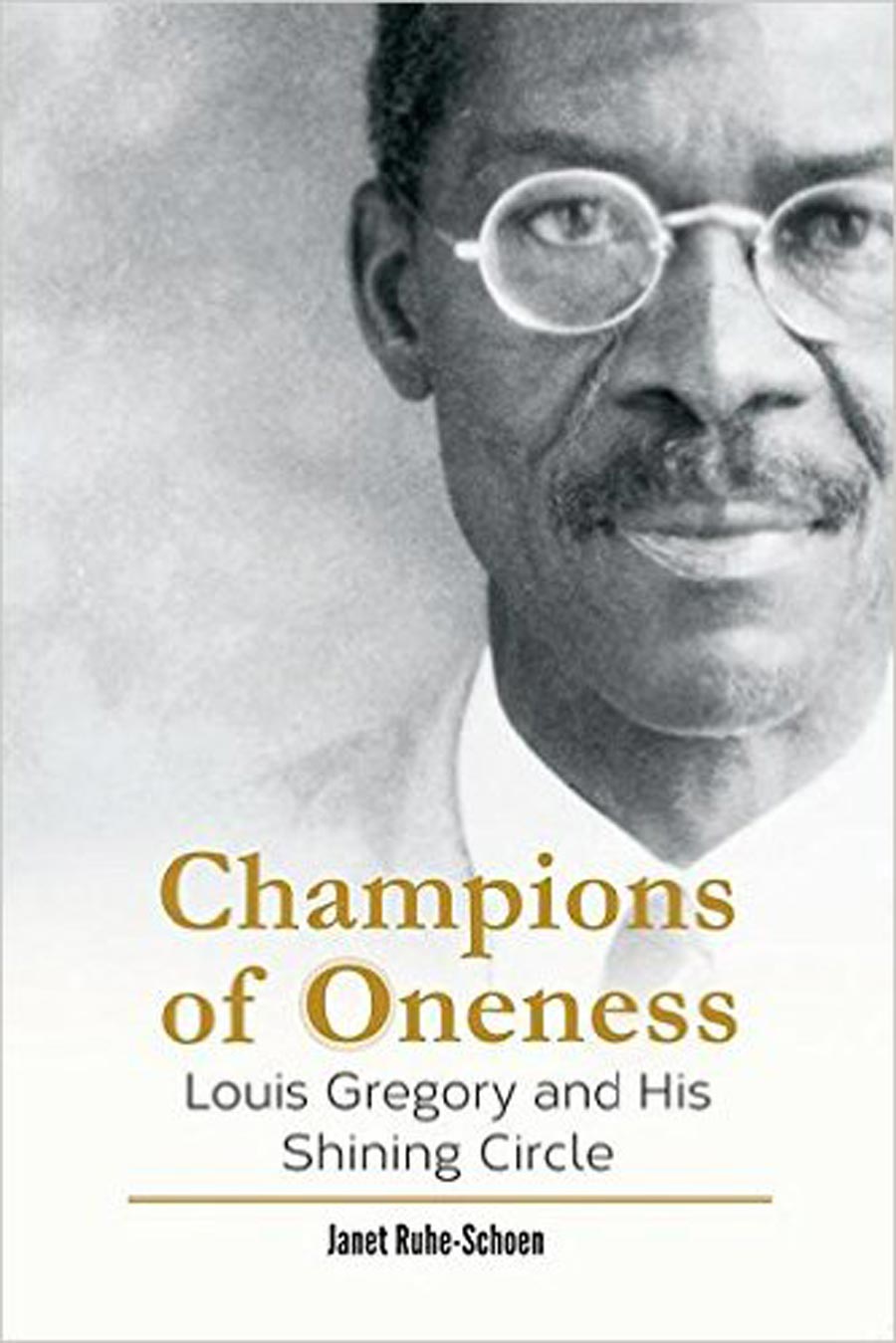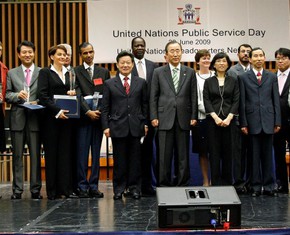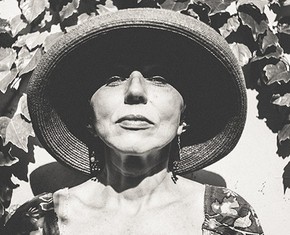The views expressed in our content reflect individual perspectives and do not represent the authoritative views of the Baha'i Faith.
Working for racial amity in the Jim Crow era, Louis Gregory’s faith had to shore him up through tremendous tests.
He rested his faith in the Baha’i teachings in a happiness that he said could only come from “constant prayer and … ceaseless activity.”
As he traveled in the fearsome preludes and tragic aftermath to the deadly race riots of America’s “Red Summer” of 1919, he wrote from North Carolina to his dear friend Joseph Hannen:
In this time of world crisis I am trying by prayer and effort to prevent my thoughts from crystallizing around particular events, as I find that I must be happy in order to do effectively the work to which I am directed.
He enclosed a statement from a police chief refuting a rumor that everyone was spreading, that a “recent race riot was caused by an attack of a Negro on a white woman …” He noted: “Truth at some time must have a hearing, tho it seems a long time to those who wait.”
How to remain patient while waiting? Louis wrote:
… to adopt the expedients of people around us is to give ourselves over to the devastating fire which now consumes the world. The times are indeed troublous and full of unrest …
A Baha’i teacher must maintain a state of happiness if he is to do his work effectively. And this seems possible only by constant prayer and as far as one can, ceaseless activity.
Otherwise, the well-authenticated reports of cruel injustices and crimes against defenceless peoples would entirely absorb the powers of concentration. – Champions of Oneness, p. 182.
Humor, especially the stories and tales he learned as a boy from his grandmother, gave Louis another bulwark against despair, and he shared his humor wherever he went, his own laughter ringing out. He said he learned from his grandmother that it’s better to be light-hearted than broken-hearted.
Most deeply, Louis found strength to outwit the devils of prejudice in his conviction that: “The oneness of humanity” is “a divine truth” and it is:
… power to the hand that is puny and weak. To the heart frozen in convention it is genial warmth. To the tongue that is mute it is the voice of the angels. The mind cannot resist its logic and the soul is subdued by its spiritual power.
Happy is he who perceives its significance. Justice adorns his character. His vision is strengthened and enlarged. He perceives things that are real … – Star of the West, January 1924, p. 298.
With such steadfast conviction, Louis could brave any situation. As far as we know, one of the only times he manifested some nervousness was in a letter he wrote before going to speak to a Catholic gathering in Arkansas and have dinner with the priest. Then, as always, he relied on Abdu’l-Baha, penning this prayer: “I hope and pray that Abdu’l-Baha will set His angels to guard my mouth so that His wisdom may speak through this moving dust.” – Champions of Oneness, p. 185.
No doubt he brought light to that Catholic gathering, as he brought light everywhere he went, with those angels guarding the corners of his mouth and his spirit proclaiming at his core:
If this room were filled with darkness, we could not remove that darkness by intensifying the darkness, nor can we remove discord from the face of the earth by increasing discord. – Ibid., p. 112.
Louis Gregory’s words about how the divine truth that is the oneness of humanity transforms the soul where it lives describe him to a T: “Justice adorns his character. His vision is strengthened and enlarged. He perceives things that are real.”



 He added that he had to agree with a friend who said, “‘If the devil ain’t loose now, he has a devil of a long rope!’” – Gayle Morrison, To Move the World p. 61.
He added that he had to agree with a friend who said, “‘If the devil ain’t loose now, he has a devil of a long rope!’” – Gayle Morrison, To Move the World p. 61.












Comments
Sign in or create an account
Continue with Googleor